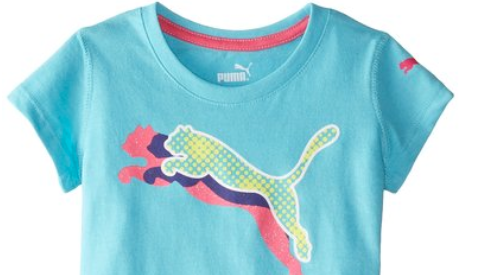Often, designers and retailers have to make adjustments to their original designs to increase profits. This could mean using a cheaper fabric such as a synthetic or using a smaller seam allowance to spare material. Cotton and polyester blend fabrics can be comfortable and affordable, but the demand for these materials is almost twice the amount currently in production.
Millions of tons of material are made each year, but the truth is that people are throwing away clothes. Trends change rapidly and valuable material is tossed into landfills.
A few companies are working to reverse this wasteful pattern. Kering (owners of Puma) and H&M recently announced they will be working with the textile up-cycling company Worn Again. The goal is to meet the growing demand for cotton and polyester production worldwide by recycling garments.
Worn Again separates and extracts the materials from used clothing so that it can be re-spun into new yarns. This conversion back to yarn, the basic twisted fibers present in all fabrics, solves the problem of separating the materials of blended fiber clothes and removing dyes from polyester and cellulose.
In other words, a T-shirt’s previously linear lifespan can now become circular. What was once worn, thrown away and left in landfills is now seen as reusable, proving fashion’s ability to become sustainable. Anna Gedda, the head of sustainability at H&M, said she believes this will change the way fashion is created and massively reduce the need for extracting virgin resources from our planet.
Worn Again’s technology is still in development and the two companies only plan to adopt the technology once it is deemed commercially viable – it is about the bottom-line after all. Just announcing the technology and showing its intentions has sparked conversation about textile waste. Even if it cannot become commercially viable within the H&M or Kering business models, other companies are ready to introduce textile recycling technology.







